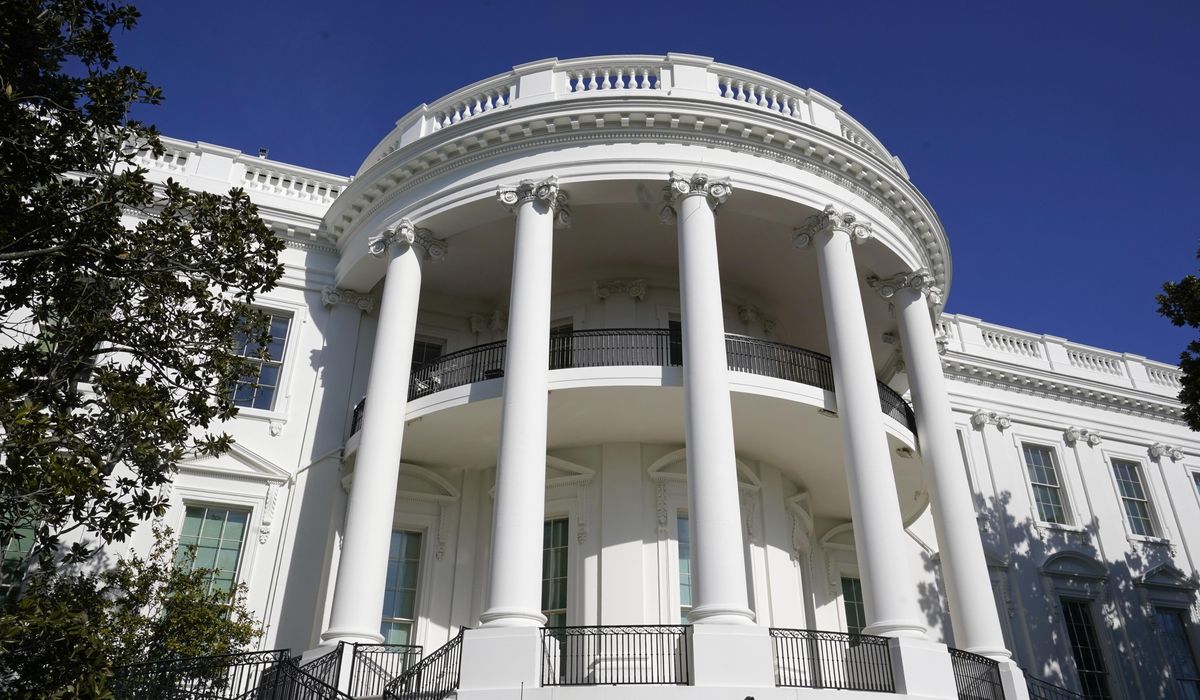


The federal office charged with policing the Hatch Act, which tries to keep government employees from mixing their official duties with politics, said Monday that it will no longer give a pass to White House employees who cross the line.
Hampton Dellinger, head of the Office of Special Counsel, said he will now refer cases of wrongdoing to the Merit Systems Protection Board, which can deliver punishment.
Previously the OSC had forwarded complaints about White House staff to the president. But Mr. Dellinger said that was based on a faulty legal reading and quorum issues at the MSPB.
“White House employees should be treated like every other government worker,” he said.
Both Trump and Biden White House officials were dinged by Mr. Dellinger‘s predecessor for their behavior in the White House.
Biden press secretary Karine Jean-Pierre and deputy press secretary Andrew Bates violated the rules when they used the term “MAGA” to attack Republicans, OSC said. Trump adviser Kellyanne Conway, meanwhile, was the target of a devastating report that found she notched dozens of Hatch Act violations, and “ignored” warnings to clean up her act.
The OSC had urged Mr. Trump to fire Ms. Conway. He did not.
The new policy would give the office another outlet by going to the MSPB.
Mr. Dellinger also said Monday he will now go after former employees who resigned before they could be investigated or punished.
And he announced new standards for evaluating whether a government employee’s behavior is a problem.
In the past, a button worn supporting a candidate ahead of an election was forbidden but it was allowed the day after the election. Mr. Dellinger said that distinction is being erased and there is now a “year-round prohibition on political candidate displays” in federal workplaces.
He said his goal is to find a “balance” between an employee’s speech rights as a citizen and taxpayers’ right to a nonpartisan bureaucracy.
“Some workplace speech with an arguable nexus to policy may be impermissible political activity, particularly if it occurs close to or is intended to influence an election. At the same time, the use of a word or phrase associated with a candidate or party in a policy discussion does not necessarily violate the Hatch Act, particularly when the language at issue has a legitimate connection to federal government programs, proposals, or related debates,” the OSC said.
Just using a term, even if it is associated with a federal candidate or party, won’t violate the Hatch Act if it “has a legitimate connection to federal government programs, proposals or related debates,” Mr. Dellinger said in a memo detailing the changes.
Express advocacy for a campaign is still not allowed, nor is using words or images “associated with a specific candidate or party.”
• Stephen Dinan can be reached at sdinan@washingtontimes.com.
